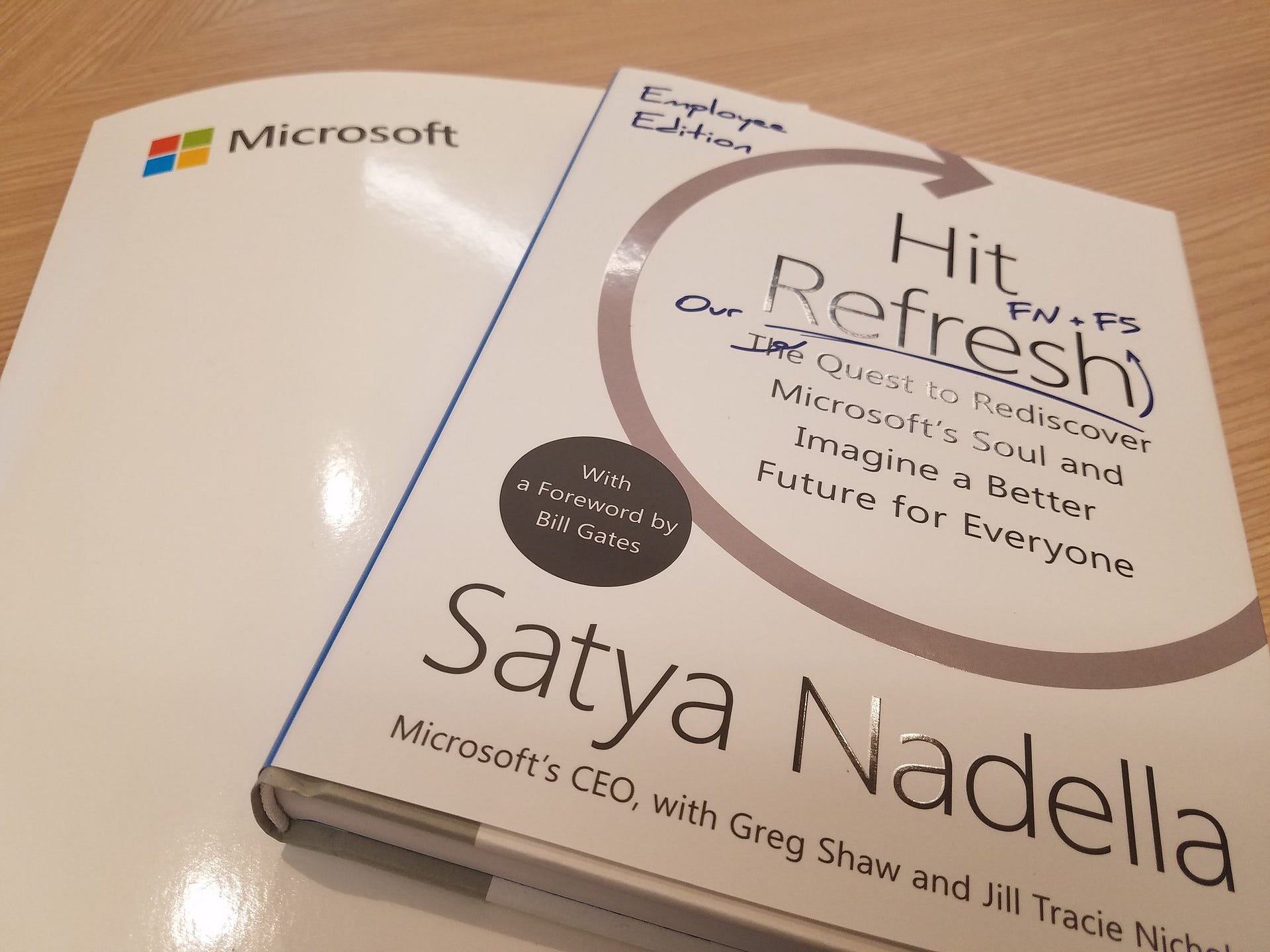Java Runtime For Mac High Sierra

Java for macOS 2017-001 installs the legacy Java 6 runtime for macOS 10.13 High Sierra, macOS 10.12 Sierra, macOS 10.11 El Capitan, macOS 10.10 Yosemite, macOS 10.9 Mavericks, macOS 10.8 Mountain Lion, and macOS 10.7 Lion. This package is exclusively intended for support of legacy software and installs the same deprecated version of Java 6 included in the 2015-001, 2014-001, and 2013-005 releases. Quit any Java applications before installing this update. See for more details about this update. See for information about the security content of this update. Keep your software up to date.
Thanks for contributing an answer to Stack Overflow! Please be sure to answer the question.Provide details and share your research! Asking for help, clarification, or responding to other answers.
If you need Java, download the latest version of Java for OS X directly from Oracle.
Mac OS X Compatibility. To see if your product is compatible with Mac OS X. Canon is currently verifying operations of its software when used with Mac OS X Sierra v10.12, and we are planning on providing compatibility information soon. Digital EOS Camera, Digital Video Camcorders Software. Canon camera software for mac lion 2.
While working with Ionic and PhoneGap or let’s say anything related to Cordova, I ran into an error requiring Java JDK 1.8 which is required to run the build command. It took a bit of searching to find a concise explanation of how this is done on Mac OSx High Sierra. The Steps First find the proper Java Development Kit which is a little confusing because the original error referred to installing JDK 1.8 which which is actually JDK8.
Install the following through the standard.dmg method. I found the download here: Next you want to see which version(s) of Java you have available, you can do this with the following command which returned the two versions listed below for me. By default I was using the 9.0.4 version. /usr/libexec/java_home -V Matching Java Virtual Machines (2): 9.0.4, x86_64: 'Java SE 9.0.4' /Library/Java/JavaVirtualMachines/jdk-9.0.4.jdk/Contents/Home 1.8.0_161, x86_64: 'Java SE 8' /Library/Java/JavaVirtualMachines/jdk1.8.0_161.jdk/Contents/Home Once we have these listed, we can use the following to install the version we want to use. Notice the use of the version listed above. Also notice that the statement uses the back tick not a single quote (found with the tilde).

Export JAVA_HOME=`/usr/libexec/java_home -v 1.8.0_161` Now we can run the following command to see which Java version is running on our system. Java -version Which should return something like this: java version '1.8.0_161' Java(TM) SE Runtime Environment (build 1.8.0_161-b12) Java HotSpot(TM) 64-Bit Server VM (build 25.161-b12, mixed mode) Conclusion Again, it seems pretty straight forward and it is but before some research it was still a little unclear. This will last until you reboot your computer and will revert back to the default Java version. I think this is good practice so that anything using the default version can use it and I can switch the version when I’m in code mode developing apps. Feel free to ask questions or offer comments below!
Chrome browser versions 42 and above. Starting with Chrome version 42, Chrome has disabled the standard way in which browsers support plugins. You can download Java from java.com.  » (apple.com). Mac OS X 10.6 and below: Apple's Java comes pre-installed with your Mac OS.
» (apple.com). Mac OS X 10.6 and below: Apple's Java comes pre-installed with your Mac OS.